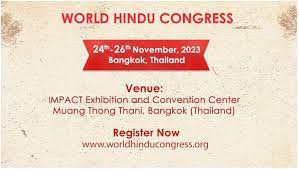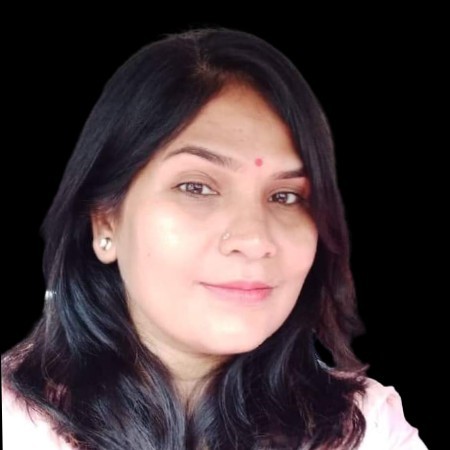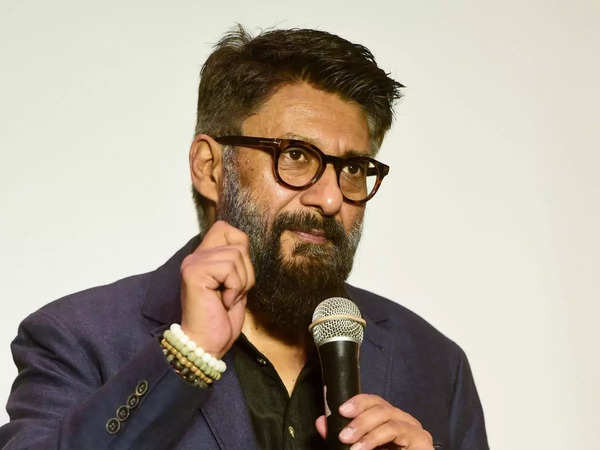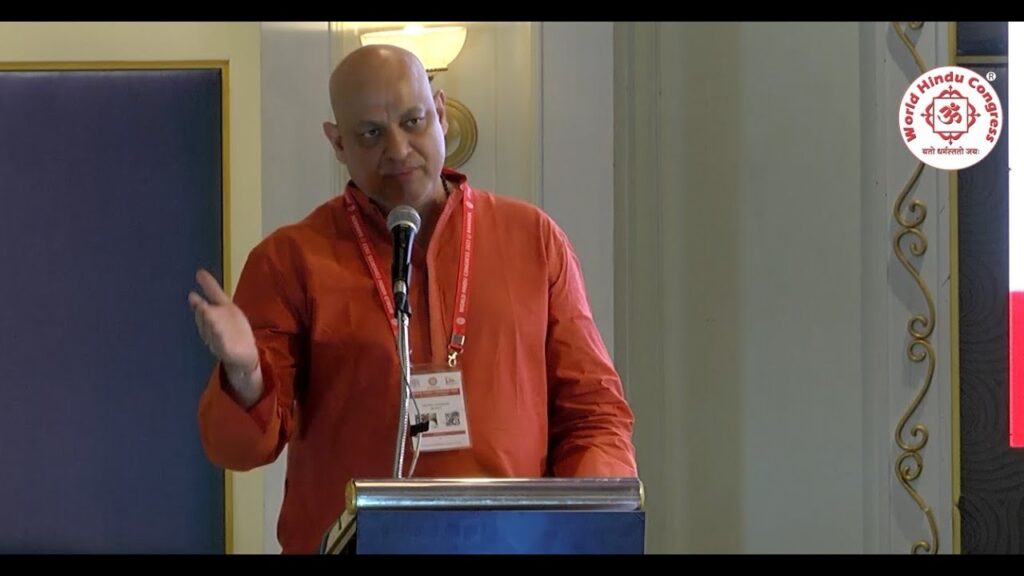THE WORLD HINDU CONGRESS 2023 HELD IN BANGKOK_SPEECHES (Part Three)




Gayatri Devi Mishra
“There is a dire need to the Hindus women to tell their stories. We are more compassionate, more intelligent, more caring, more loving ,more coordinated, more cooperative, more good at networking. When the Islamic Invasions happened, they targeted the Hindu Women. They wanted our wombs – WombsJihad. They wanted to have babies from us and have a demographic growth. We are amplifiers. Give us anything we will amplify it. Give us house, we give you home.
Don’t we need to defend ourselves? We have been confronted with genocide after genocide. Not only in ancient India, but also in present-day India. What is the mopla? What happened in West Bengal during the last elections? Who will tell these stories? Will we hear about them in the media? No, because the media are occupied by people whose names I don’t wish to mention.
Has Rana Ayyub ever uttered a word when a Hindu woman is raped by thousands of Muslims or even by the people of West Bengal? No! She doesn’t even dare open her mouth. I’m sure we have thousands of Jhansi ki Rani. We all have fire. We just need to get together ,build together, help each other and coordinate. We don’t need Durga Mata, we need Kali Mata now.

Vivek Ranjan Agnihotri
“Shatru Bhot,’ who are you fighting? Who’s the villain in this big narrative? And today, the tragedy of Indian Cinema, in my mind, the tragedy of Indian Cinema definitely is how the narratives are built. But the biggest tragedy of Indian Cinema is that today there is no common man in Hindi Cinema because there is no villain in Hindi Cinema. We have stopped. We have thrown the common man out.
You study the villains of Indian Cinema, and you’ll understand how the society has evolved. The hero of Indian Cinema always used to be the son of a middle-class person or a lawyer, but he was never, ever part of the privileged class of this society. But in today’s Cinema, the student of the year is not a student. He’s walking a ramp. Mothers are not like Indian mothers. Fathers are not like Indian fathers. And my biggest complaint with Hindi Cinema is, yes we are trying to create a soft power for India without anybody telling us on our own. But the biggest problem is if today you have to come to Thailand, you go to Japan or China, or Poland, or Israel, pick up their five mainstream films, mainstream, I’m saying. Five mainstream films, you will know something about their architecture, something about the food, lifestyle, relationships between family, how their young people look.
If somebody has to come to India or Bharat and picks up five latest films— post-2000 what will they learn? They will learn everything about New York and London. They will learn nothing about Bharat, not even the houses of Bharat. That became my motivation.
I remember in 2018, in the World Hindu Congress in Chicago, I announced that I’m going to make a trilogy on India’s democracy. Number one would be the right to truth; the second would be the right to justice, and the third would be the right to life. So, we have finished two films. You know what Tashan files did. It opened up the corrupt ecosystem of the last 70 years. Then, Kashmir files—many people think Kashmir files worked because we have shown the tragedy and victimization of Hindus. Yes, you are right. But let me also make you aware that it also worked very strongly because of that 15-minute speech in the end which makes you proud of your culture

Praveen Chaturvedi
“We need to bring Bharat’s true story to light and instill a sense of pride in young people for their culture, country, civilization, and dharma. It is on these founding principles that Prachyam was created, distilling the essence of values and philosophy into very short films for people to watch and understand. This initiative has had a considerable impact. We published a video on the occasion of Deepavali, and YouTube removed it after an hour for violating content policies. The short film was about the Ram Mandir movement, capturing the lives and struggles of many Hindus and tracing the entire history. However, these big platforms often encounter issues when addressing Hindu values, culture, and civilization.
We immediately appealed the decision, but they rejected it. Subsequently, we posted our message on Twitter, and it went viral. Within one day, we had 20 million views, and people started tagging YouTube. Sundar Pichai called them out. Youtube eventually re-instated the video. And this is the power of what Hindu Unity can achieve.
